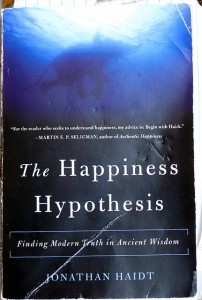People really do play by the rules!
 Studies recently completed at Washington State University suggest that we really, really don't like non-conformists, people who don't play by the rules, regardless of whether the outcome is positive or negative.
Studies recently completed at Washington State University suggest that we really, really don't like non-conformists, people who don't play by the rules, regardless of whether the outcome is positive or negative.
The studies gave participants—introductory psychology students—pools of points that they could keep or give up for an immediate reward of meal service vouchers. Participants were also told that giving up points would improve the group's chance of receiving a monetary reward. In reality, the participants were playing in fake groups of five. Most of the fictitious four would make seemingly fair swaps of one point for each voucher, but one of the four would often make lopsided exchanges—greedily giving up no points and taking a lot of vouchers, or unselfishly giving up a lot of points and taking few vouchers.As expected, participants didn't want to work with the greedy players who took more than they shared. Unexpectedly, they were also eager to get rid of the unselfish players - who consistently gave more than they received. The researchers found that
unselfish colleagues come to be resented because they "raise the bar" for what is expected of everyone. As a result, workers feel the new standard will make everyone else look bad. They frequently said, "the person is making me look bad" or is breaking the rules. Occasionally, they would suspect the person had ulterior motives.It didn't seem to matter that the overall welfare of the group or the task at hand is better served by someone's unselfish behavior. The do-gooders are seen as deviant rule breakers. It's as if they're giving away Monopoly money so someone can stay in the game, irking other players to no end. I think that this merely demonstrates that the majority of people are generally (small c) conservative, and want to stay within well defined boundaries. In my opinion, this respect for the rules is one of the major foundations upon which religion builds, and which is (also) appropriated by authoritarians for their personal gain. Hooking into our sense of fair-play and our inherent tribalism seems to be a winning strategy for those who would define the rules for their personal gain. Define the rules, and the people will enforce them for you. No secret police needed!


